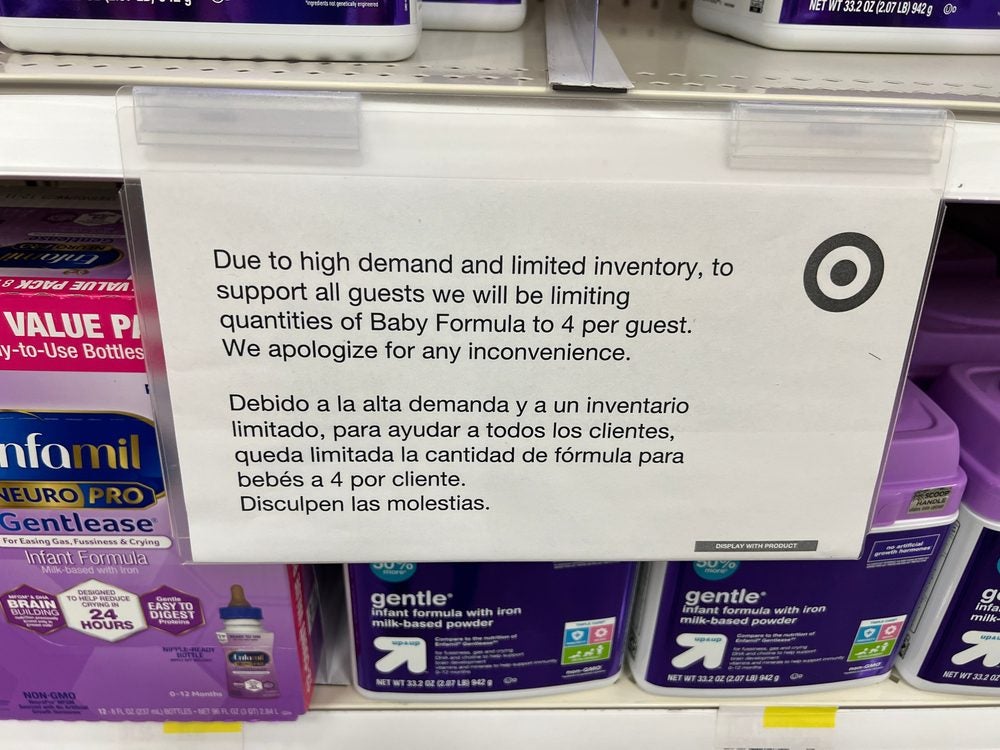
Airborne has agreed to settle a class action lawsuit over false advertising for $23.3 million, according to one of the groups involved in the suit.
Under the agreement, the herbal supplement firm will reimburse customers who bought the product between May 2001 and November 2007. It will also take out advertisements in top publications explaining how people can obtain the refund, The Center for Science in the Public Interest, a non-profit advocacy group, said this week.
Eligible products include Airborne On-the Go, Airborne Nighttime, Airborne Gummi and Airborne Power Pixies.
The settlement stems from a 2006 lawsuit filed by horse trainer David Wilson, who alleged that the claim that the herbal immune-boosting supplement Airborne could cure colds was false. Airborne Inc., Airborne Health Inc. and Knight-McDowell Labs are the defendants in the suit, which was filed in the Central District of California in U.S. District Court.
Airborne Health Inc. did not admit to any wrongdoing.
“This matter relates to advertising claims,” the company said in a statement yesterday. “We have tens of thousands of satisfied customers who buy Airborne again and again. Since its inception, Airborne offered a 100% satisfaction guarantee. As a dietary supplement, studies have shown that certain ingredients found in Airborne, when taken alone or in combination, will support a healthy immune system.
“We reached this settlement to avoid the mounting expenses relating to the litigation,” the statement said. “Airborne vigorously disputes the claim and continues to stand behind its denial of liability. We are thrilled with Airborne’s popularity.”
A hearing will convene on June 16 at the District Court for the Central District of California to consider final approval of the settlement.
Airborne products, which have been marketed as a “cold buster” product designed to ward off colds if taken early enough, were created in 1999 by a former second grade schoolteacher. Product sales hit more than $100 million in 2006, according to ABC News.
“The implications are you may be next to anybody who is marketing in a way that deceives people,” said Steve Gardner, litigation director at the CSPI, which joined as counsel in the lawsuit.
In addition to the public notices and Web banners Airborne is posting, it also sent out 200,000 to 300,000 e-mails to customers who bought the products online through the company notifying them about the refund, Gardner said.
Shortly after the lawsuit was filed, the company began toning down the its cold-curing claims in favor of vague “immunity boosting” language, the CSPI said.
In addition to the lawsuit, the Federal Trade Commission in 2007 and some state attorneys began investigating the various “cold busting” claims that Airborne has made since its launch. Those investigations are continuing, the CSPI said.
“There’s no credible evidence that what’s in Airborne can prevent colds or protect you from a germy environment,” said CSPI senior nutritionist David Schardt, who reviewed Airborne’s statements. “Airborne is basically an overpriced, run-of-the-mill vitamin pill that’s been cleverly, but deceptively, marketed.”
 Network
Network

